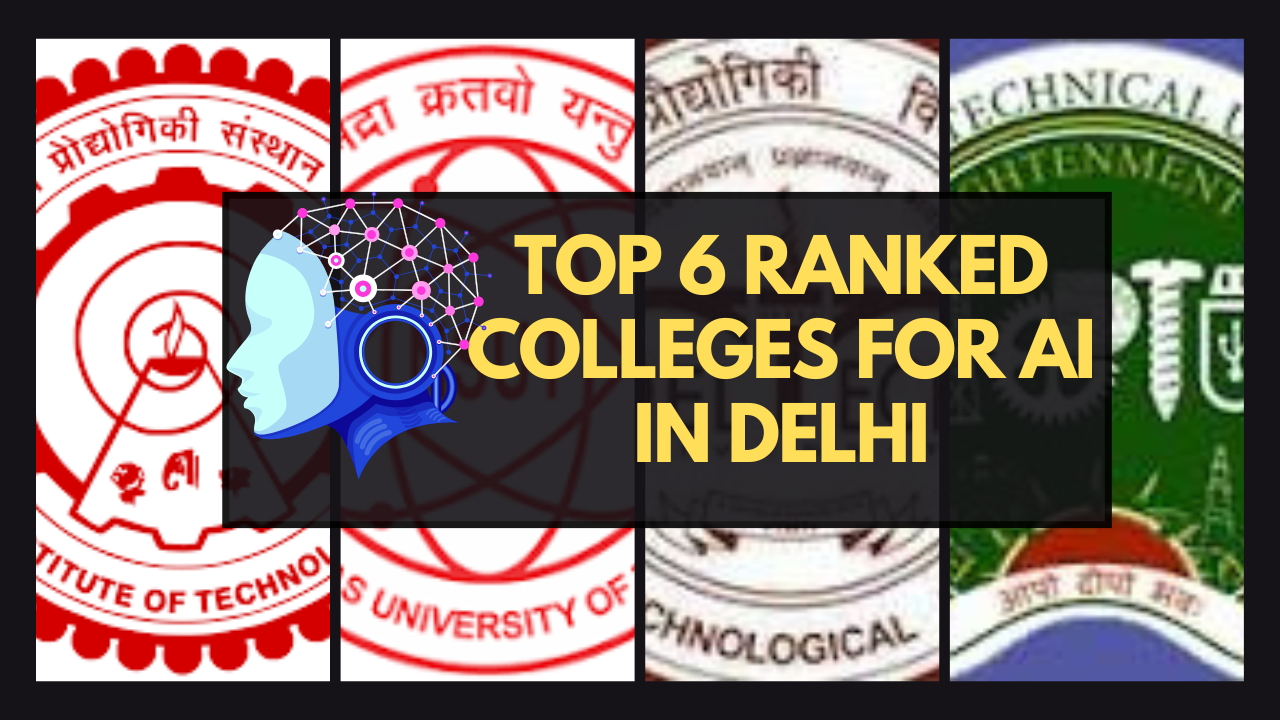Bhoomi Kaushik
Get Real Experts on your side
Before venturing to seek career counseling, answer a few basic questions so we can connect you with our best expert counselor for personalised guidance and mentorship.




Bhoomi Kaushik
28/01/2025
Blockchain technology has evolved from a niche interest among tech enthusiasts to a mainstream innovation reshaping industries worldwide. With its promise of transparency, decentralization, and security, blockchain has become integral to sectors ranging from finance and supply chain management to healthcare and gaming. As we move into 2025 and beyond, the demand for blockchain professionals is experiencing unprecedented growth, presenting opportunities and challenges for the global workforce.

1. Widespread Adoption across Industries:
2. Emerging Trends:
Global
Investment in Blockchain:
Companies and governments invest heavily in blockchain
research and implementation. According to reports, the global blockchain market
is projected to reach $163 billion by 2029, highlighting its increasing
importance.
Key Roles in the Blockchain Sector

The blockchain ecosystem requires diverse skills,
creating opportunities for professionals with varying expertise. Some of the
most in-demand roles include:
1. Blockchain Developers:
4. Crypto currency Analysts and Traders:

|
Undergraduate
Programs |
Post Graduate
Programs |
Skills Required for Blockchain Professionals

To thrive in the blockchain industry, professionals need
a combination of technical expertise and soft skills:
The Future Outlook
Challenges and How to Overcome Them

1. Talent Shortage:
2.Regulatory Uncertainty:
3. Rapid Technological Change:
Conclusion:
The demand for blockchain professionals in 2025 and
beyond is set to soar as industries increasingly adopt this transformative
technology. Professionals can position themselves at the forefront of this
burgeoning field by equipping themselves with the right skills, certifications,
and industry insights. For those willing to invest in their expertise, the
blockchain revolution offers lucrative career prospects and a chance to shape
the future of technology.









.jpg)


.jpg)




.png)







.png)

.png)




.png)

.png)
.png)



.png)

.png)


.png)

.png)


.png)

.png)

.png)
.png)

 (1).png)



.png)

.png)
.png)


.png)


.png)


.png)

.png)







.png)





.png)


.png)














.png)













.png)




.jpg)






.png)




.png)


.png)
.png)
.png)
.jpg)



.png)


.png)
.png)
.png)



.png)











.png)
.png)



.png)


.png)
.png)


.jpg)







.jpg)









.jpg)





.png)


.jpg)



Before venturing to seek career counseling, answer a few basic questions so we can connect you with our best expert counselor for personalised guidance and mentorship.
